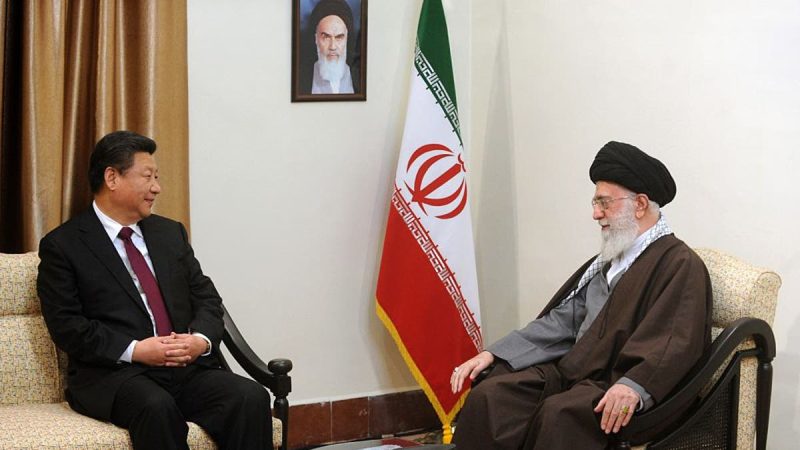
1. Sino-US Relations: In the coming years, the Biden administration will face increasing pressure from China, both economically and militarily. As China continues to expand its economic and military power, and grows increasingly assertive in international relations, the Biden administration must find a way to maintain and improve the U.S.-China relationship. Biden will need to engage in robust economic diplomacy to ensure that the U.S.-China relationship remains on positive footing and that Chinese companies are held accountable to the same standards as other countries when it comes to trade.
2. The Russian Threat: Biden will confront numerous challenges posed by Russia. Biden must remain vigilant in deterring aggression, containing potential flare-ups, and developing new relationship-building strategies with Moscow. At the same time, the Biden administration must adhere to the United States’ commitments to European allies and protect them from Russian interference and aggression.
3. Conflict in the Middle East: The Biden administration will inherit the many complicated and deeply entrenched conflict dynamics in the Middle East. Biden will need to independently and assertively navigate the complexity of disputes in the region while protecting U.S. interests — both through direct discussion with state actors, and by working to support organizations such as the United Nations that broker peace initiatives and mediate differences between regional powers. In order to sustain any progress made toward de-escalation in the Middle East, Biden must ensure that regional actors are invested in diplomacy and not motivated by violence.

